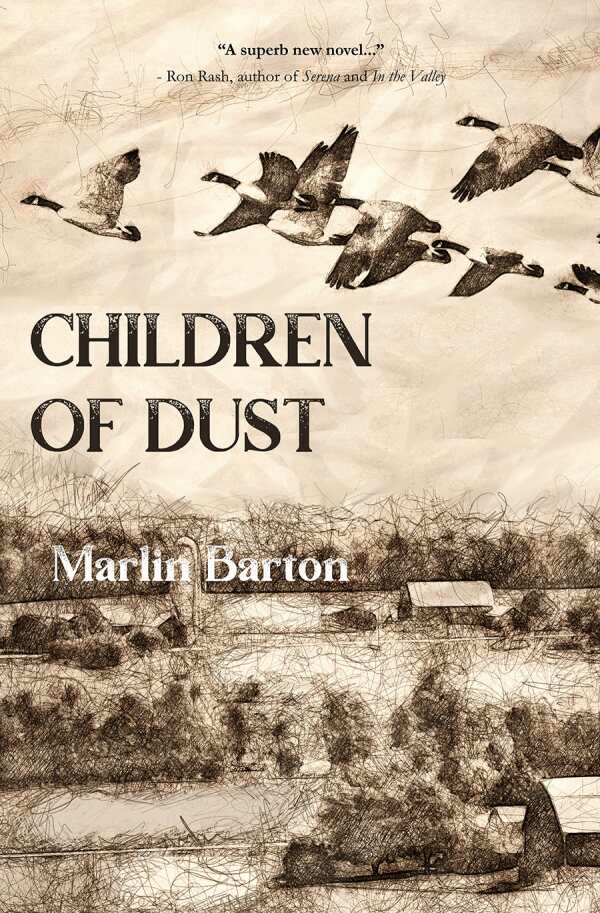Children of Dust
In Marlin Barton’s historical novel Children of Dust, a family struggles with the repercussions of the death of their newborn.
In the 1880s in Alabama, Rafe has multiple families. He’s married to Melinda, with whom he has five living children. He’s conducting an ongoing affair with Betsy, the Black, Choctaw, and white daughter of his servant, too, with whom he fathered two children who have his surname. When Melinda gives birth to his tenth child, who dies on the same day, Rafe suspects that Melinda killed the baby. But others blame Betsy for the death. Gossip and vengeance run rampant in the town, which is also still reeling from the events of the Civil War.
Interspersed between chapters focused on Rafe’s family is a present-day narrative in which two men, one Black and one white, come to terms with their shared heritage in Rafe. Each has his own genealogical facts to accept, and their united progress toward understanding reconciles the mysterious past with the complicated present.
Rafe’s infidelity with Black women, when paired with his Confederate background, exposes his hypocrisy, but the narrative takes no moral stand, allowing the characters to express themselves, and their opinions of others, without imposing its own judgement. The two contemporary characters have biased beliefs about the historical figures: the Black descendant asserts that Melinda killed her children, not Betsy, as they can only rely on documents and stories passed down through generations. The rich, eloquent historical narrative gives voice to the various individuals involved, showing that people need only to understand that history is complex, not to fully understand its complexities, in order to move toward unity.
Children of Dust is a thought-provoking novel in which the cognitive dissonance of the white people who were involved in slavery is apparent; in it, ancestry shapes people’s beliefs.
Reviewed by
Aimee Jodoin
Disclosure: This article is not an endorsement, but a review. The publisher of this book provided free copies of the book to have their book reviewed by a professional reviewer. No fee was paid by the publisher for this review. Foreword Reviews only recommends books that we love. Foreword Magazine, Inc. is disclosing this in accordance with the Federal Trade Commission’s 16 CFR, Part 255.

